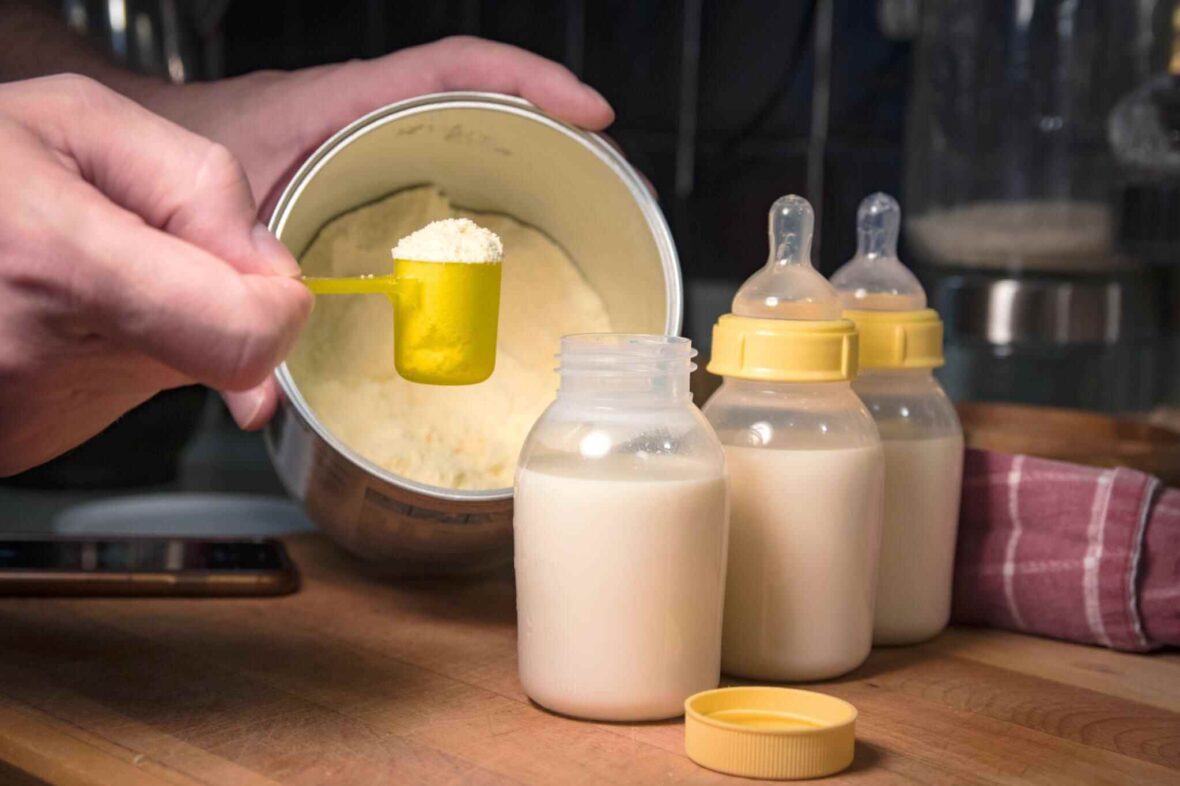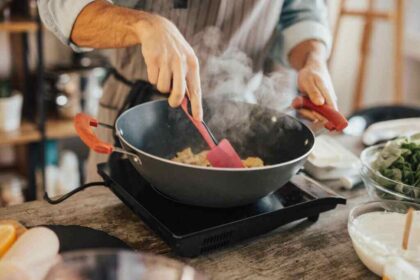Proper formula storage and handling are crucial for ensuring the safety and quality of a baby’s feedings. As caregivers, it’s essential to understand the best practices to maintain the formula’s integrity and reduce the risk of contamination.
This article provides valuable information and practical tips on storing and handling formulas safely, including specialized formulas. Following these guidelines, caregivers can provide their little ones with safe and nourishing formulas like Holle formula stage 1.
Contents
1. Choosing The Right Storage Containers
Selecting appropriate storage containers for baby formula is an important consideration. Opt for containers made of BPA-free plastic, glass, or stainless steel.
Look for containers with airtight seals to prevent moisture and air exposure that can compromise the formula’s quality. Consider using individual serving-sized containers for convenience and to reduce waste.
2. Proper Storage Temperatures
Understanding the optimal storage temperatures for the formula is essential for maintaining its freshness and safety. Generally, prepared formula should be refrigerated at temperatures between 35-40°F (2-4°C). If the formula needs to be stored for an extended period, freezing is an option.
Freeze formula in individual portions using clean ice cube trays or specialized formula storage bags. Be sure to label each container with the date to ensure proper rotation.
3. Washing Hands And Sanitizing Surfaces

Maintaining good hygiene and cleanliness during formula preparation is critical to reduce the risk of bacterial contamination. Before using formula or feeding equipment, wash your hands with soap and warm water. Bottles, nipples, and utensils should be cleaned and sanitized using hot water, mild soap, or sterilizer. Regular disinfection of the preparation area keeps it clean and free from potential sources of contamination.
4. Handling Powdered Formula
When handling powdered formula, it’s essential to use proper measuring techniques and avoid cross-contamination. Following the manufacturer’s instructions for the correct water ratio to formula powder is vital. Use the scoop given; level off excess powder with a clean, flat surface to ensure accurate measurements.
Shaking or tapping the spoon should be avoided to prevent imprecise ratios and the introduction of air or moisture into the container.
5. Time Limits And Discarding
Store the prepared formula in the refrigerator and consume it within a specific time to maintain quality and safety. Generally, refrigerated formula is safe to use within 24-48 hours. Discard any remaining formula after the recommended time to prevent bacterial growth.
It’s important to note that if you leave the formula at room temperature for more than two hours, you must discard it to avoid the risk of contamination.
6. On-the-Go Storage Tips
When traveling with formula, ensuring its safety and freshness is essential. You can prepare individual servings in separate containers or use pre-portioned formula packets. The formula should be packed in an insulated bag with ice packs to maintain the desired temperature.
Avoid leaving prepared formula in a hot car or exposing it to direct sunlight. Checking the expiration date and discarding any expired formula is necessary.
Conclusion
Proper storage and handling of the formula, like Holle formula stage 1, are vital to ensuring the safety and quality of a baby’s feedings. By choosing the appropriate storage containers, understanding optimal storage temperatures, practicing good hygiene, handling powdered formula correctly, adhering to time limits for prepared formula storage, and implementing on-the-go storage tips, caregivers can confidently provide a safe and nutritious formula for their little ones, including specialized formulas from HiPP UK.
Remember, every step taken to store and handle formula with care contributes to a healthy feeding environment and promotes the well-being of babies. Caregivers play a crucial role in providing the best possible care for their little ones, and by following these practices, they can ensure their babies receive the nourishment they need while maintaining good hygiene practice standards.




